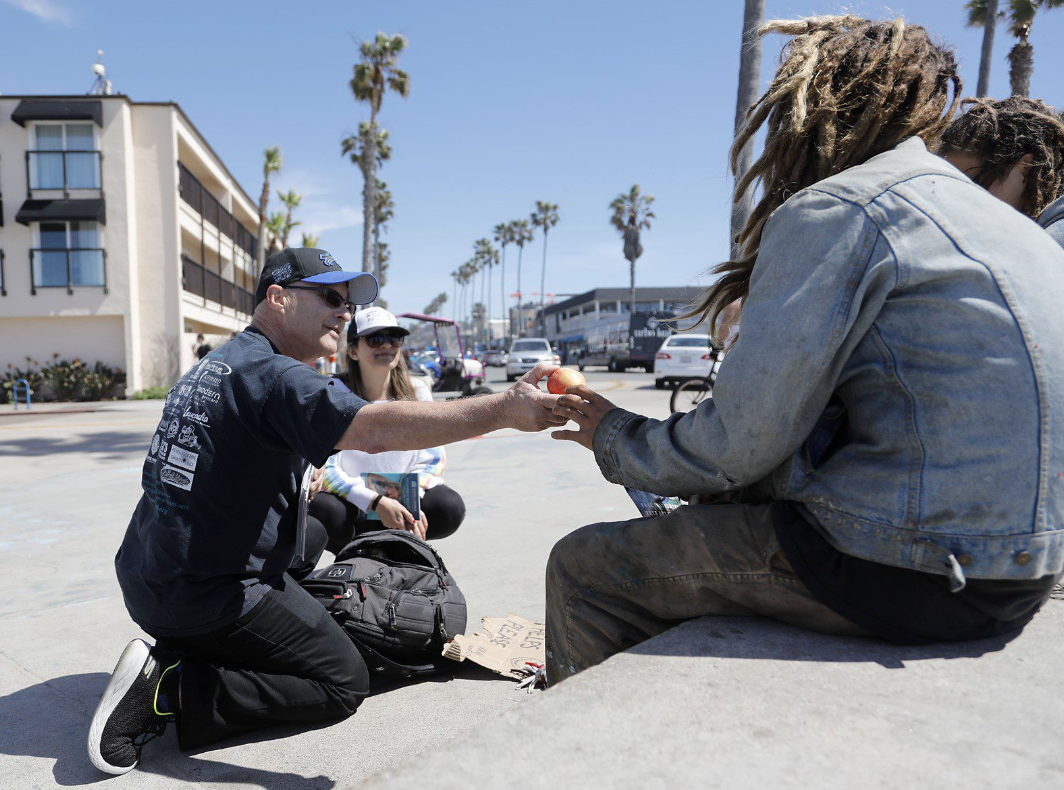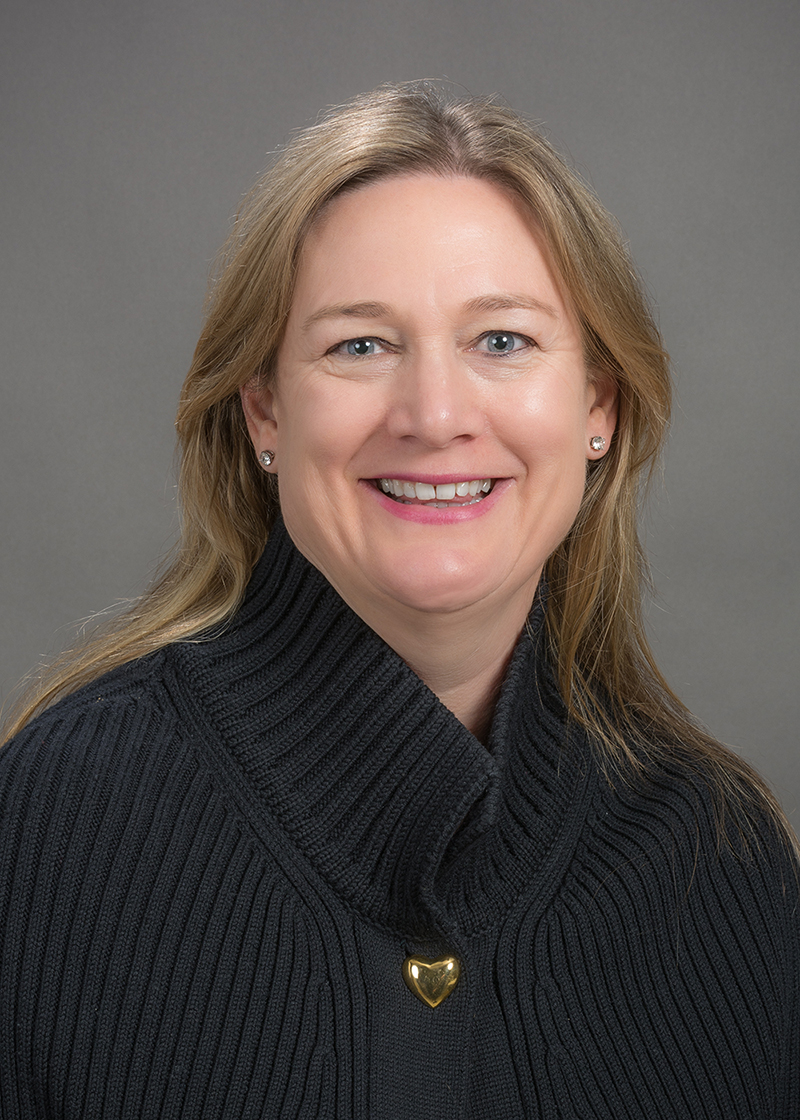In urban areas like San Diego, homelessness sticks out like a sore thumb. It’s visible in the city, on public transportation, and even on our own campus. Homelessness is accompanied by many stigmas involving addiction and mental disorders. However, many people fail to realize that these are often the effects rather than the causes of homelessness. In fact, people often become homeless due to circumstances beyond their control. The extent of the crisis leaves many people asking the question: how do we stop this from happening? Doors of Change is a non-profit organization that attempts to find the answer.
The benefactor Jeffrey Sitcov founded Doors of Change in 2002. His goal was to get homeless teenagers off the streets and into college and well-paying jobs. He has since expanded the program’s services to people in their 20s.
Doors of Change works exclusively with youths aged 17-25.
“These are the most underserved of the entire homeless population,” Sitcov said. “However, they’re able to break the cycle of homelessness more than any other age group.”
He emphasized the importance of building trust between youth and the people helping them.
A chief goal of Doors of Change is to support homeless people that the government no longer supports. Many of the homeless youths who turn to Doors of Change are college students.
“We’ve had students from UC San Diego, [San Diego] State, and [San Diego] City College,” Sitcov said.
Doors of Change solves homelessness from all angles. It solves under-education by providing resources for students to earn GEDs and attend San Diego City College. It solves unemployment by helping youth learn trades and find employment opportunities. It solves mental health issues by connecting youths with psychiatrists. Lastly, the non-profit solves homelessness at its core by helping youth find affordable housing. Sitcov noted an extremely fast response time for people looking to get in touch with Doors of Change.
These are all great goals, but how successful has this program actually been? According to Sitcov, Doors of Change has housed over 2,800 homeless youth since 2001. Of these, 849 have been housed since the COVID-19 pandemic. At times, the non-profit has lobbied in order to provide services that otherwise would not be provided.
“We recently got approval to spend $870 to fix someone’s car. He needed a car to go to work because he had three young children at home,” Sitcov said.
However, students’ experiences may not look like a typical picture of homelessness.
“About 10% of students at [San Diego] State are homeless, living in cars, on the streets, couch surfing,” Sitcov said. The population size of SDSU is over 33,000, meaning over 3,300 students are homeless in some form. Sitcov did not provide statistics for UCSD, but it is possible that it experiences a similar problem due to its large and diverse student population.
In many cases, the causes of homelessness stem from the home itself. According to Sitcov, 61% of homeless youth come from families where abuse, drug-addiction, or mentally illnesses are present. Many were sexually or physically abused at home. 50% of homeless youths in San Diego are part of the LGBTQ+ community with families that do not accept them.
“For kids in these situations, it’s safer on the streets than at home,” Sitcov said.
Doors of Change helps youth in difficult situations with circumstances beyond their control. Most of them are not homeless because of poor decisions they made. If they do not receive help, they grow into homeless adults who are even less likely to receive support.
The more time one spends on the streets, the more they begin to give up hope. The Psychiatric Times details that 80% of homeless individuals suffer from life-altering trauma. The lack of trust caused by this trauma makes it much more difficult for homeless people to seek out help. According to Sitcov, 80% of homeless young adults also turn to sex work to make ends meet.
However, when organizations like Doors of Change are successful in breaking these patterns early, the effects are completely different.
“We help them establish trust and become self-sufficient. They become role models and give hope to others going through the same thing,” Sitcov said.
Justine Bethel, the self-described “unofficial spokesperson” for Doors of Change, is one example of a success story of Doors of Change. Raised by an abusive stepfather, Bethel ran away from home at age 12.
“For people like me, it was a choice you had to make,” Bethel said.
Bethel first discovered Doors of Change when she was rescued by a police officer who took her to a homeless shelter. Besides all of the resources Sitcov mentioned, Bethel emphasized how Doors of Change especially recognized the importance of finding a passion.
“There was a weekly music program with a teacher and other homeless kids,” Bethel explained.
Doors of Change provided Bethel with high-quality art and music supplies that helped her regain an appreciation for life.
“[Art and music] was a tool to help homeless kids find trust in each other again. Finding my passion gave me the goals I needed to get myself out of that situation,” Bethel said.
Although Bethel credits Doors of Change with setting her up for success, she was never officially one of the homeless youth they housed.
“Eighteen to twenty-four-year-olds are the most difficult group to help because they no longer have that social safety net,” Bethel explained. “It was their goal to provide kids under 18 with the necessary life skills to live on their own.” Doors of Change has expanded its services to 18 to 25-year-olds since then.
Bethel said that Doors of Change provided her with the skills to sell the art she created while going through the program. She went on to use those same skills when she started her own jewelry business.
Since then, Bethel has gone to San Diego City College, before transferring to UC Santa Barbara and getting a degree. She has recently graduated from law school and is working towards starting her own practice.
“Don’t let go of your goals and dreams to get off the street. They are the only thing that will get you through the hardest days,” Bethel said. “Do not turn to drugs and alcohol.”
Despite the trauma of her past, Bethel affirmed that there are things to learn from living on the streets.
“Mistrust is something that you learn on the street. I’m a good judge of character and intentions, which will be useful when I am a practicing attorney,” Bethel said. “I’ve learned to set boundaries, especially on how far help can go.”
Bethel urges the public to start thinking about the stigmas surrounding homelessness. “Stop judging people. People are not in that situation by choice. We need to treat people as people and have more respect,” Bethel said.
One student organization at UCSD, Designs for America, has had extensive involvement with Doors of Change. This group helps with the design and business front of non-profit organizations’ websites. It also aims to promote these organizations on Instagram to reach their target demographics. This was perfect for Doors of Change.
Caitlin Cielo, a junior at UCSD who is a member of Designs for America, said that her favorite part of doing this project was interacting with the youth who previously went through the program.
“Everyone had a different story,” she said. Cielo hopes to continue being part of Designs for America, assisting with education and animal sheltering-oriented organizations.
Another UCSD event in support of Doors of Change is the Concert of Hope, which will take place on July 27 at the Epstein Family Amphitheater. Doors of Change is currently looking for 25 volunteers to help out at the concert. The organization also encourages anyone looking to help to start a fundraiser or promote them on social media.




















